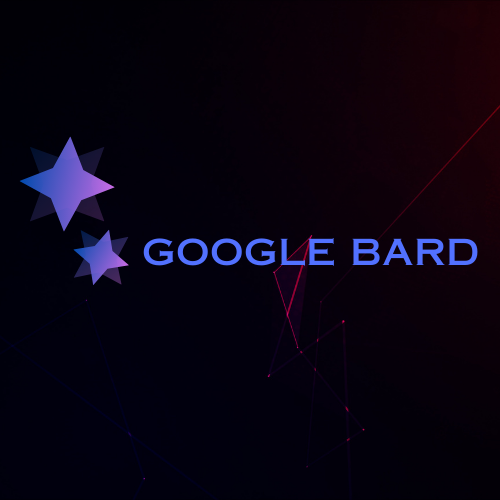 Meta Platforms, formerly known as Facebook, has recently announced the creation of a top-level product group that will focus on implementing generative AI across its various products. The goal is to provide users with more personalized experiences and to help creators produce better content faster. In this article, we will delve deeper into the new generative AI product group and explore its potential impact on social media.
Meta Platforms, formerly known as Facebook, has recently announced the creation of a top-level product group that will focus on implementing generative AI across its various products. The goal is to provide users with more personalized experiences and to help creators produce better content faster. In this article, we will delve deeper into the new generative AI product group and explore its potential impact on social media.
Meta’s Generative AI Product Group
Mark Zuckerberg, CEO of Meta Platforms, revealed in a recent post that the new AI product group will focus on developing AI personas that can help Meta product users in various ways. These include AI chat experiences in WhatsApp and Messenger, AI image filters and ad formats in Instagram, and AI video and multi-modal experiences.
The company has already made strides in this direction with the introduction of Make-A-Video, an AI system that allows users to generate videos from a text prompt. This feature is just the beginning, as Meta plans to leverage generative AI to provide users with a more delightful experience. You can read the research paper for more and sign up to receive notifications about future tool releases.
Social Media’s AI Features Race
Meta’s move to incorporate generative AI into its products is not unique. Other social media platforms such as Snapchat and TikTok have already implemented similar features. Snapchat’s AI persona. My AI, uses OpenAI’s ChatGPT to offer recipe suggestions, gift ideas, and content inspiration to users. Meanwhile, TikTok offers AI filters that allow users to see themselves as they were in their teenage years or with a glamorous makeover.
Even YouTube’s new CEO, Neal Mohan, has acknowledged the capabilities of generative AI, noting that it will enable creators to level up their storytelling and production value.
LLaMA For Researchers From Meta AI
To further advance the development of generative AI, Meta has also released LLaMA, or Large Language Model Meta AI, to democratize access for researchers. This tool will be available for non-commercial licensing and for research use cases.
The Potential Impact of Generative AI on Social Media
The incorporation of generative AI into social media platforms has the potential to revolutionize the way we interact with each other online. With more personalized experiences and better content production tools, creators can produce higher-quality content faster. This, in turn, can lead to increased engagement and monetization opportunities for creators and platforms alike.
However, there are also concerns about the potential unintended consequences of generative AI. The ability to create hyper-realistic content raises questions about the potential for misinformation, deepfakes, and other harmful uses.
Conclusion
Meta’s announcement of its generative AI product group is a significant development in the social media landscape. As more platforms incorporate these technologies, the way we consume and produce content online will continue to evolve. While there are concerns about the potential risks, the benefits of more personalized experiences and improved content production tools are hard to ignore. As researchers continue to develop these technologies, it will be interesting to see how they will shape the future of social media.



















